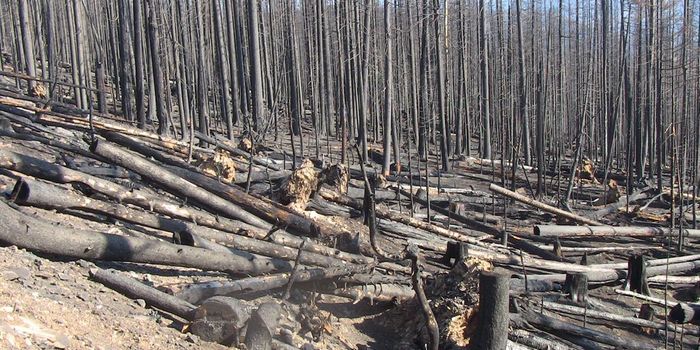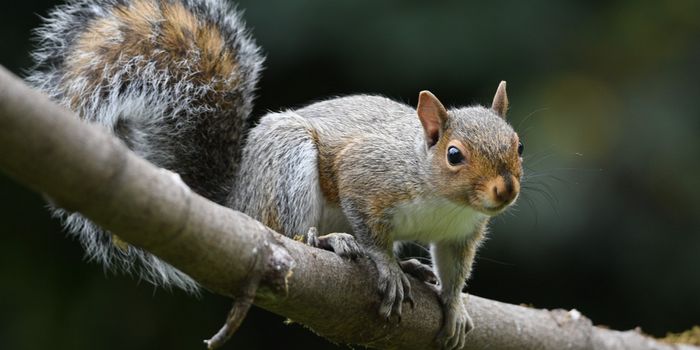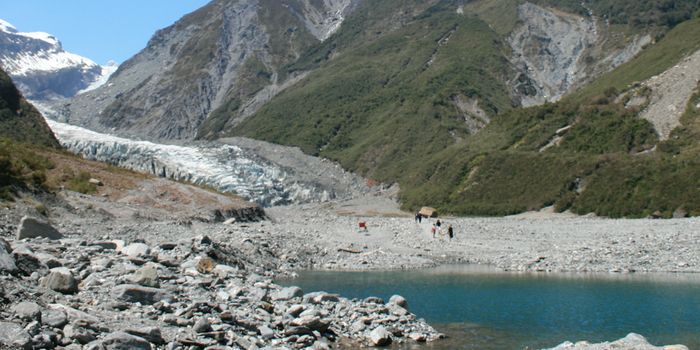Celebrate Honeybees and Beekeepers on National Honeybee Day!
The third Saturday in August, this year the 21st, is National Honeybee Day! The date celebrates honeybee keepers and all the work that honeybees do to pollinate so many of our crops. Though honeybees are not native to the Americas, they are a valued agricultural animal. About one-third of our crops would not grow without pollinators like honeybees.
Honeybee hives have one queen and many worker bees who are all female. The male drones leave the hive to find a separate colony to mate with a queen that isn’t its mother before dying.
Honeybees are farmed commercially and shipped all over the country during different crop seasons to pollinate different plants. This is an important service that beekeepers provide our agriculture industry, and often makes up the bulk of beekeeper income for the year. It is such a valuable service that there have been reports of beehives being poached while left on the side of the road to pollinate fields.
Smaller urban beekeeping is becoming more and more popular. Though one wouldn’t think bees would do particularly well without vast fields to pollinate, urban bees typically do fairly well. There are usually parks and landscaped flowers in cities, and not every part of a city is developed. There are plenty of vacant lands that support fairly large plant communities. And in a city, the bees have much less competition than they would in the countryside. Other pollinators like hummingbirds, butterflies, and native bees typically don’t feed in cities, so urban honeybees get all the food to themselves.
But honeybees are just one non-native species, there are many other species of native bees that are on the decline, often because of competition from honeybees. A precise cause of native bee declines has not been identified because there are many contributing factors. The use of pesticides, loss of native bee habitat, diseases like colony collapse disorder spreading, and climate change are all stressors that combined can do significant damage to hives.
Some things we can do to help save the bees include using fewer pesticides, planting more native plants that flower at different times of the year, and allowing native bees to live in our yards by providing a safe habitat for them.
Sources: National Wildlife Federation, National Day Calendar, Honey Love Urban Beekeepers, Honeybee Center, Plant Ecology, Vice










